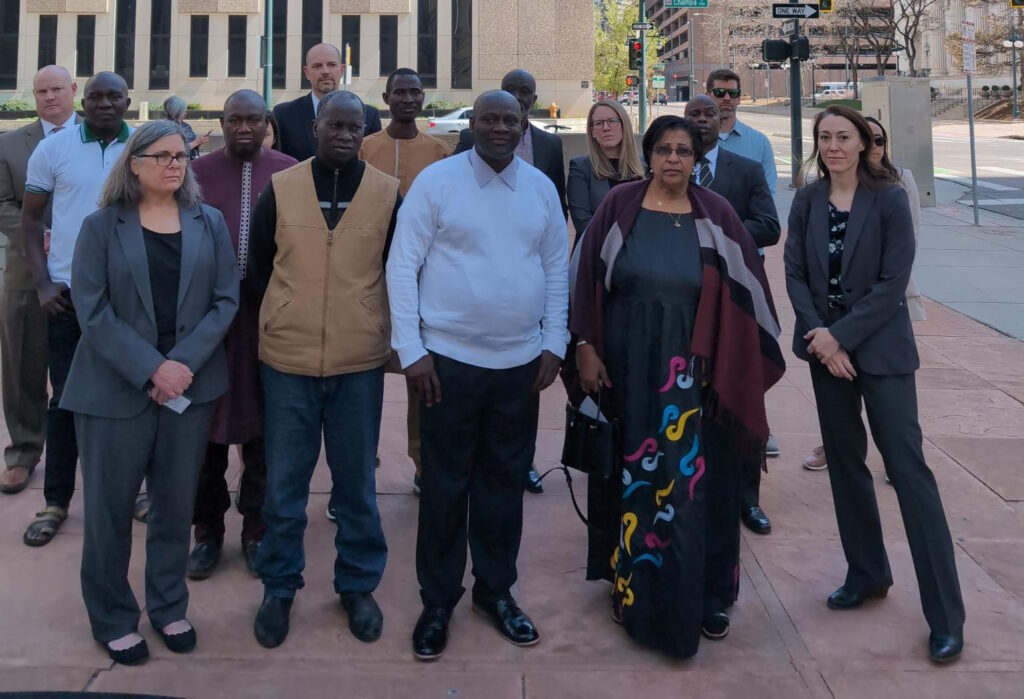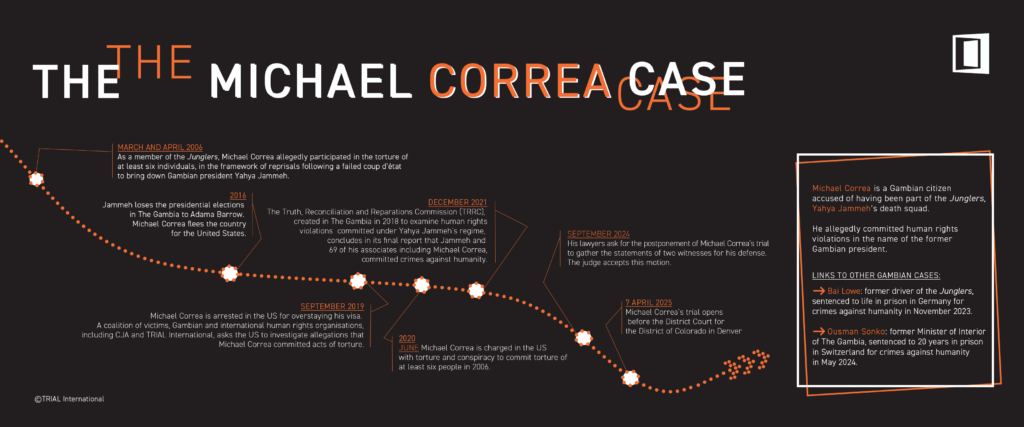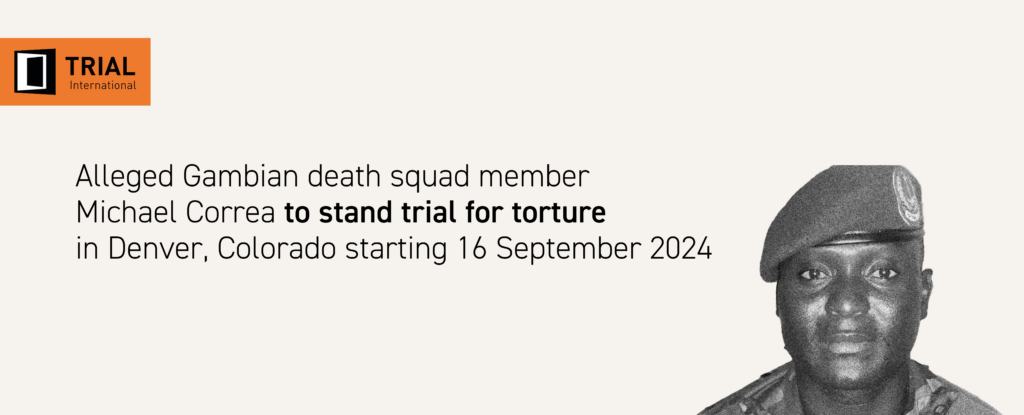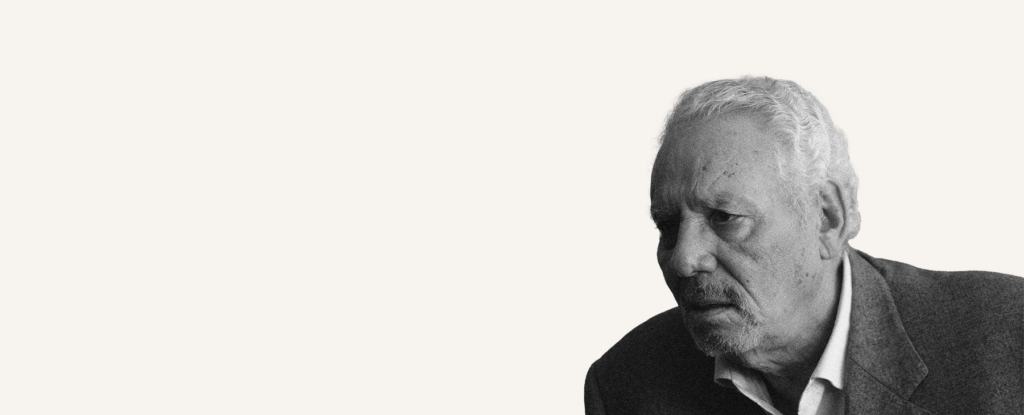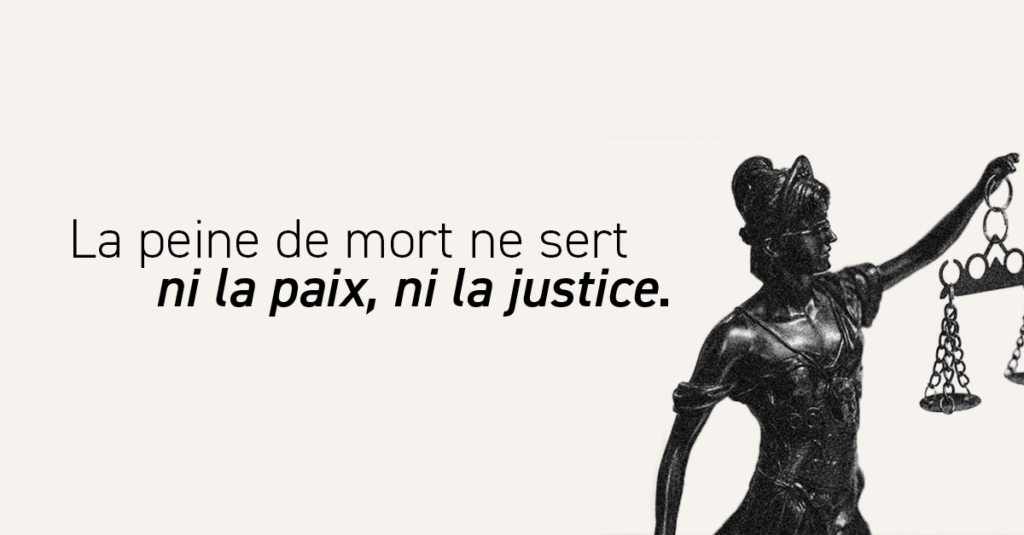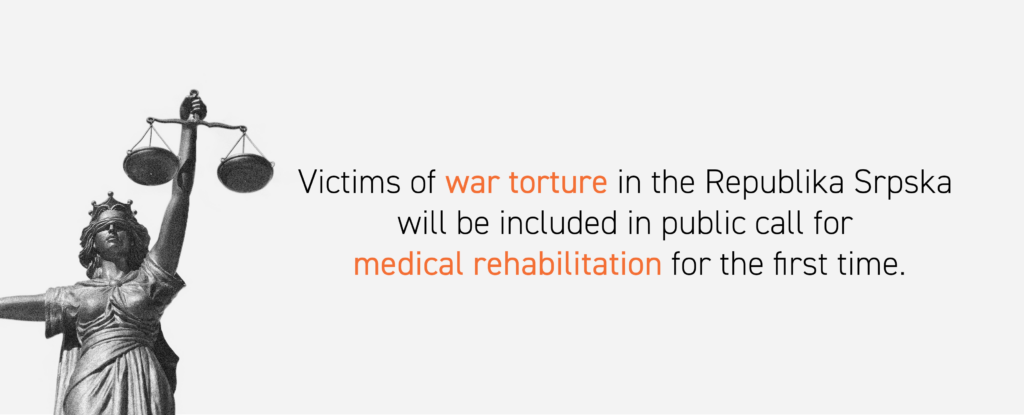Grave and multiple violations of the rights of Abdussalam Il Khwildy
The case
In July 2008, a joint individual communication against Libya was lodged by TRIAL and the organization Al-Karama for Human Rights before the United Nations Human Rights Committee on behalf of Khaled Il Khwildy, acting for his brother, Abdussalam Il Khwildy.
Mr Il Khwildy was arrested and detained arbitrarily in April 1998, toghether with his father and three brothers, apparently suspected of aiding the author to escape from Libya in 1996. After having spent over a month in detention at the Benghazi prison, the rest of his family members were released when Abdussalam Il Khwildy confessed having helped the author out alone.
Abdussalam Il Khwildy was ill-treated and tortured (including regular severe beatings) and held incommunicado for years without his family ever being informed about his situation. He was eventually released in May 2003, without ever having been brought before a judge or a court.
He was again arbitrarily detained on 17 October 2004, and after an unfair trial which was conducted in complete disregard for the most basic judicial guarantees, he was sentenced by a special tribunal on 7 August 2006 to two years’ imprisonment. During this period, his detention had continued, and he remained in prison until 17 October 2006.
On 19 October 2006, the victim was allowed to contact his father by phone to tell him that he was in a separate facility, called El Istiraha, for prisoners having recently completed their sentences, and would probably be freed without delay, pending completion of some documentation.
After that day, his parents were left without news about his fate – authorities were unresponsive to requests for information until the Secretary of Prisons eventually affirmed that he was not in any other prison in the country. The security services denied still detaining him, and refused to give any information other than that he had been released.
In May 2008, the victim was finally permitted to call his family and inform them that he was in Abou Slim Prison. He was then able to receive a 45-minute visit from his parents.
Abdussalam Il Khwildy remains in detention despite having already served his sentence.
All judicial and other legal remedies provided for by Libyan legislation are de facto
The author of the communication requests the Committee to recognize that, based on the facts of the case, Libya has violated:
- the rights of Abdussalam Il Khwildy to an effective remedy; to life; to freedom and security of his person; to be treated with respect for his human dignity whilst in detention; not to be subject to torture or ill-treatment; to a fair trial; to be recognized in all circumstances as a legal person; and to inviolability of his home (articles 2(3), 6(1), 7, 9(1), (2), (3), and (4), 10(1), 14, 16, and 17 of the International Covenant on Civil and Political Rights),
- the rights of the author of the communication himself to an effective remedy and not to be subject to torture or ill-treatment (articles 2 § 3 and 7).
The general context
These facts come within the context of the relentless repression exerted by the regime of Colonel Gaddafi, who has ruled the country with an iron fist for well-nigh 40 years. The security forces – especially the ISA – have notoriously committed the worst abuses, on a large scale and with total impunity. Opponents of the government, real or perceived, are the main targets of such practices.
Scores of citizens have been victims of arrests, carried out in all illegality, followed by extremely long detentions, with no judicial monitoring and often in solitary confinement without their family being informed.
Heavy punishments imposed after procedures which grossly disregard basic procedural guarantees constitute a common instrument of repression in Libya.
The decision
In January 2013, the Human Rights Committee communicated its decision (called “views” in the UN language).
The Committee held that Libya violated articles 6; 7; 9, paragraphs 1-4; 10, paragraph 1; 14, paragraphs 1 and 3 (b) and (c); and article 16 of the International Covenant on Civil and Political Rights with regard to Abdussalam Il Khwildy.
The Committee further found a violation of Article 2 § 3 of the Covenant, read in conjunction with Articles 6 § 1, 7, 9 § 1 to § 4, 10 § 1 and 16 vis-à-vis Abdussalam Il Khwildy..
The Committee also held that Libya violated Article 7 of the ICCPR, taken alone and in conjunction with Article 2 § 3, with regards to the author of the communication.
The Committee requested Libya to provide the author with an effective remedy, including a thorough and effective investigation into the disappearance of Abdussalam Il Khwildy and any ill- treatment that he suffered in detention; providing the author and Abdussalam Il Khwildy with detailed information on the results of its investigations; prosecuting, trying and punishing those responsible for the disappearance or other ill-treatment; and appropriate compensation to the author and Abdussalam Il Khwildy for the violations suffered.
Libyan authorities are also under an obligation to take appropriate and sufficient measures to prevent similar violations in the future.

